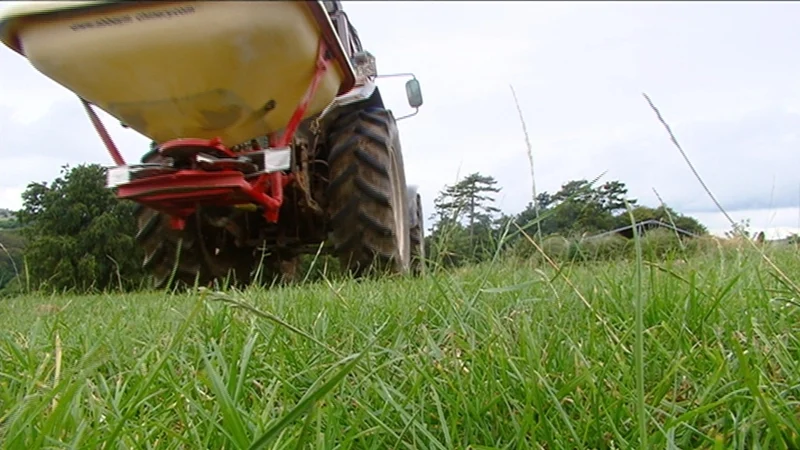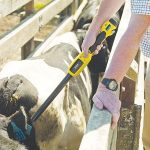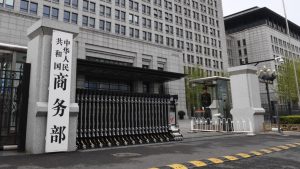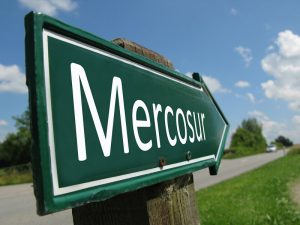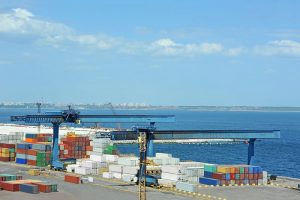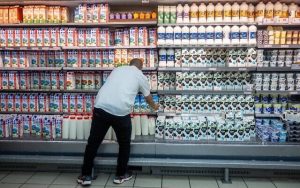
Following nearly a decade of debate about the European Economic Community and what it would mean for sovereignty, independence and trade, 83% of voters massively endorsed the decision to join.
Farmers were very supportive of the idea, with much to gain by accessing a free trade community of 10 nations as it was at the time. Thus on 1 January 1973 Ireland took its place in the EEC.
At the time agriculture was hugely important to the economy. It accounted for 25% of employment and nearly 50% of our exports. However, Ireland was uniquely dependent on the UK, its nearest neighbour and dominant trading partner.
When debate about joining the Common Market was taking place, the prospect of new market access to European countries was very enticing for Irish farmers and the Government.
Farmers also saw great benefits to be had in accessing payments under the Common Agriculture Policy (CAP) and the income certainty it would bring.
The CAP had already been established to protect the production and supply of food in Europe, keep costs to consumers reasonable and to support farmer income and rural communities.
1
In the five years that followed Ireland’s accession, agricultural output rose by 31% and 183% in value terms, farm incomes rose 30%, passed out average industrial workers income and exports to Britain declined in percentage terms as European markets opened up.
Fifty years on, the numbers continue to speak for themselves. Irish agriculture and rural communities have benefitted from CAP funding of €70bn.
The agricultural sector has been transformed. Irish agri-food exports are now worth €15.4bn per year and we export to all the countries of Europe and to a total of 180 countries worldwide.
The new CAP that kicks in on 1 January will see agriculture benefit by another €9.8bn out to the end of 2007, with €2.3bn coming from the Irish State.
Unlike 50 years ago, the environmental impact of agriculture is now of major concern. EU funding is now conditional on moving Irish and European farming to an environmentally sustainable footing.
The change initially began in the mid 1990s, and EU payments have been gradually adjusted to encourage farmers to protect and conserve the environment.
That theme will see its strongest presentation yet in the new CAP next year Reducing green house gases, protecting water bodies and enhancing biodiversity are key requirements that Irish farmers must adhere to.
For their benefit and the benefit of wider society.
